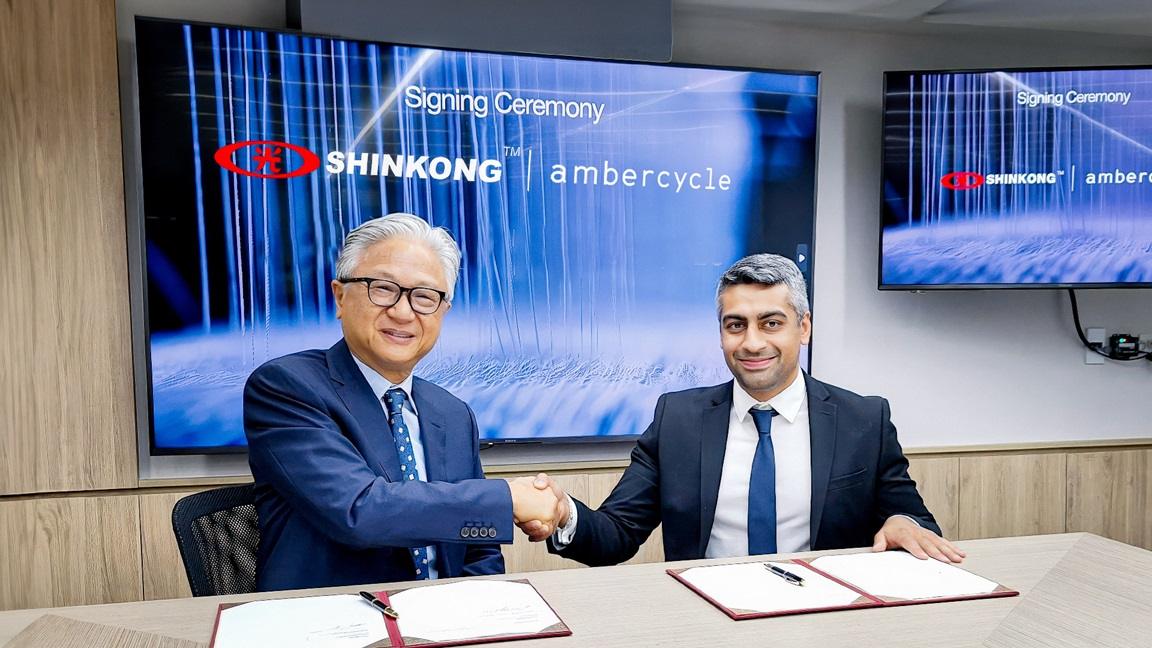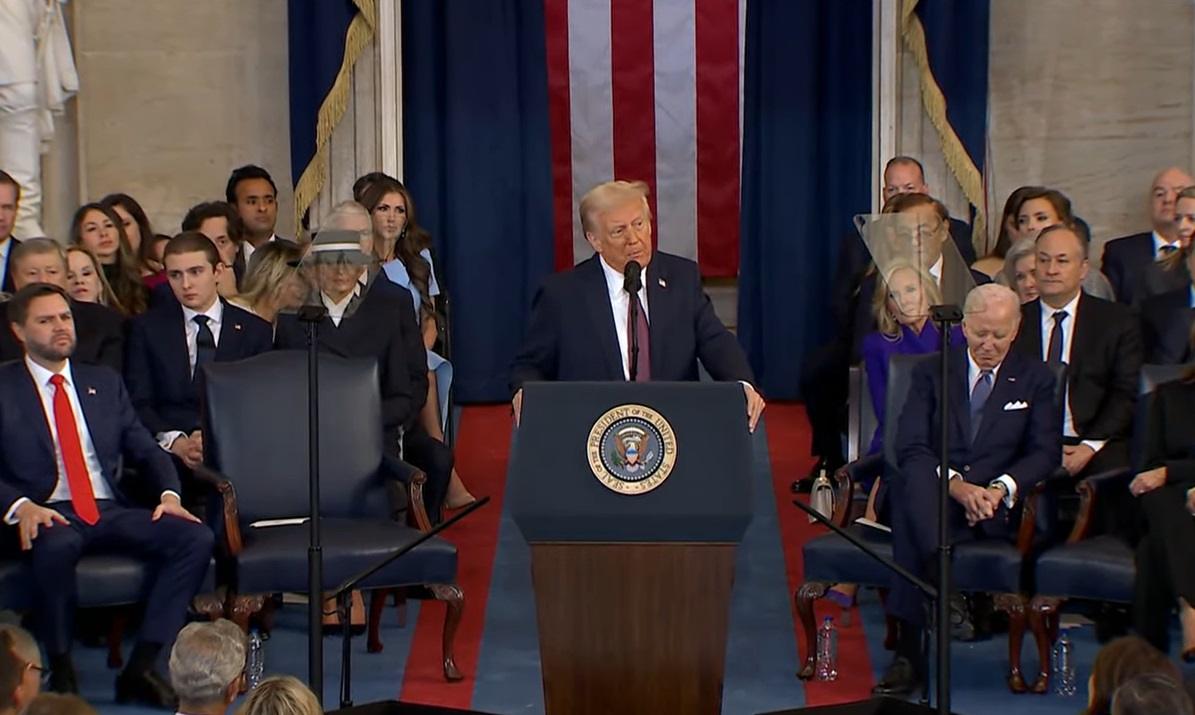Ambercycle Raises $10 Million for Circular Materials Plant from Shinkong
Taiwanese polyester manufacturer, Shinkong Synthetic Fibers Corporation, announced that it has invested $10 million in circularity-focused materials sciences company Ambercycle’s first commercial plant, aimed at producing premium materials from end-of-life textiles, expected to open in 2026.
Founded in 2015, Los Angeles-based Ambercycle takes end-of-life fabrics, shreds them, separates them into their base materials, removes dyes and finishes, and resells the materials to manufacturers. From polyester, the company creates a product called cycora which is purified, regenerated PET, reconstituted into virgin-grade pellets to make low, carbon, circular polyester. Shinkong and Ambercycle have collaborated for several years, combining their expertise to jointly manufacture regenerated yarns.
Shay Sethi, Co-founder and CEO of Ambercycle, said:
“This investment signifies a crucial milestone in our endeavor to make circular materials widely available. We are excited to deepen our partnership with Shinkong. This investment enables us to scale up to meet the growing demand of our customers and push the boundaries of sustainable textile production.”
According to Shinkong, the investment comes as demand for decarbonized polyester is expected to reach approximately seven million metric tons annually in 2026, up from five million metric tons in 2015, as more brands seek out circular materials to reach their sustainability goals.
Eric Wu, Chairman at Shinkong Synthetics, said:
“Recognizing Ambercycle’s leadership in circular solutions, we are eager to support their expansion. Investing in their new facility is not just a strategic move—it’s a commitment to pioneering a future with decarbonized polyester, which we see as critical to our business. This collaboration will further amplify our capacity to deliver high-performance, sustainable products to the global market.”
Shinkong said its Shinkong Synthetic Fibers division has invested significant resources to develop recycled fibers and biological polyesters, and is committed to reducing oil dependence and carbon emissions.





